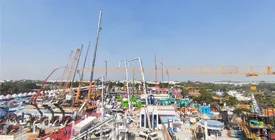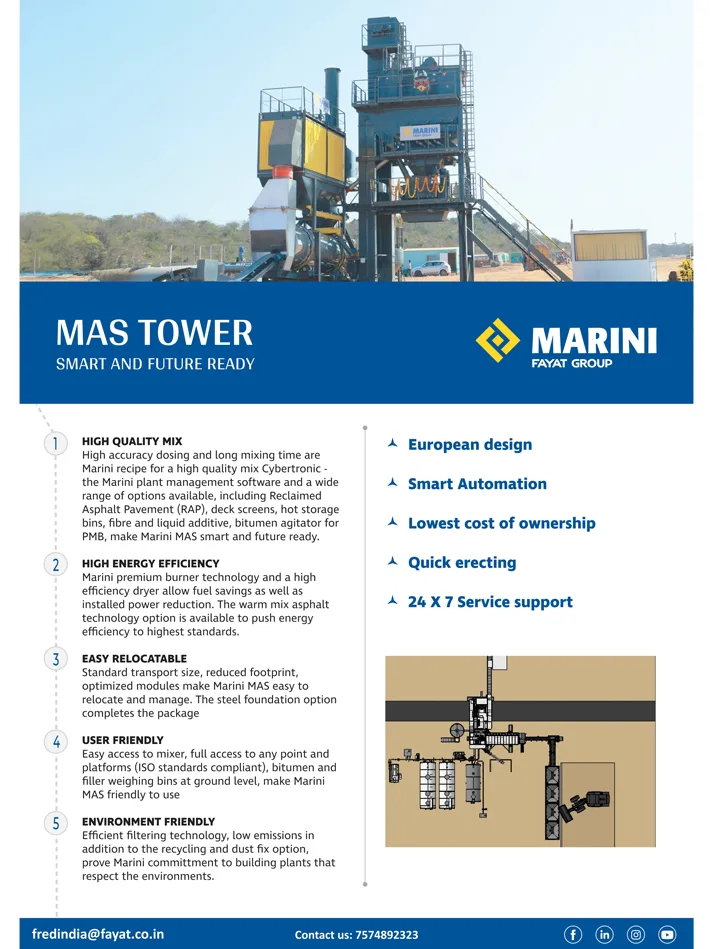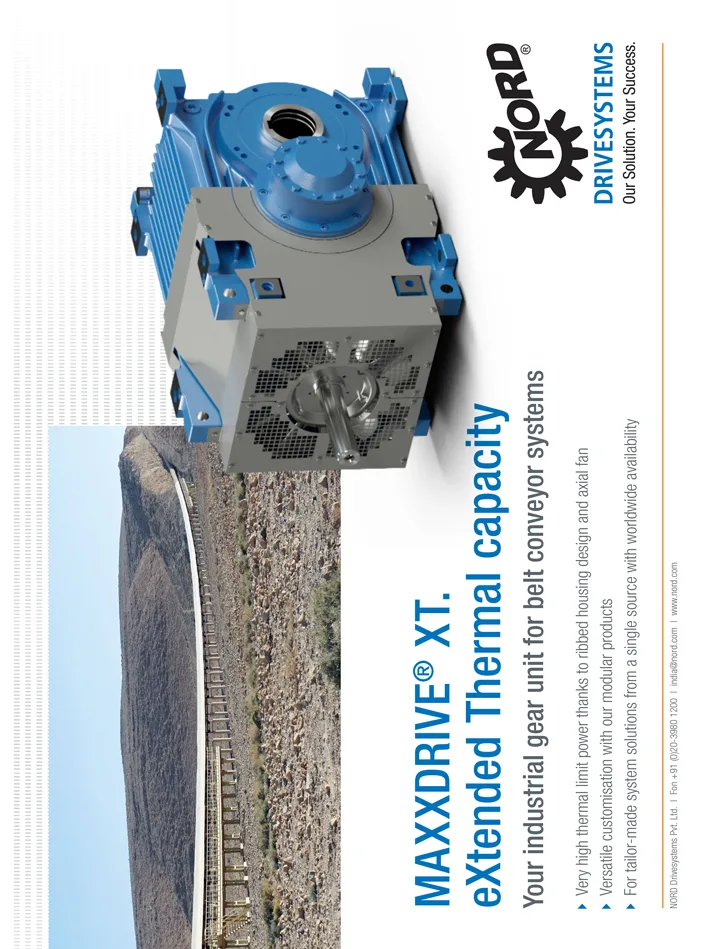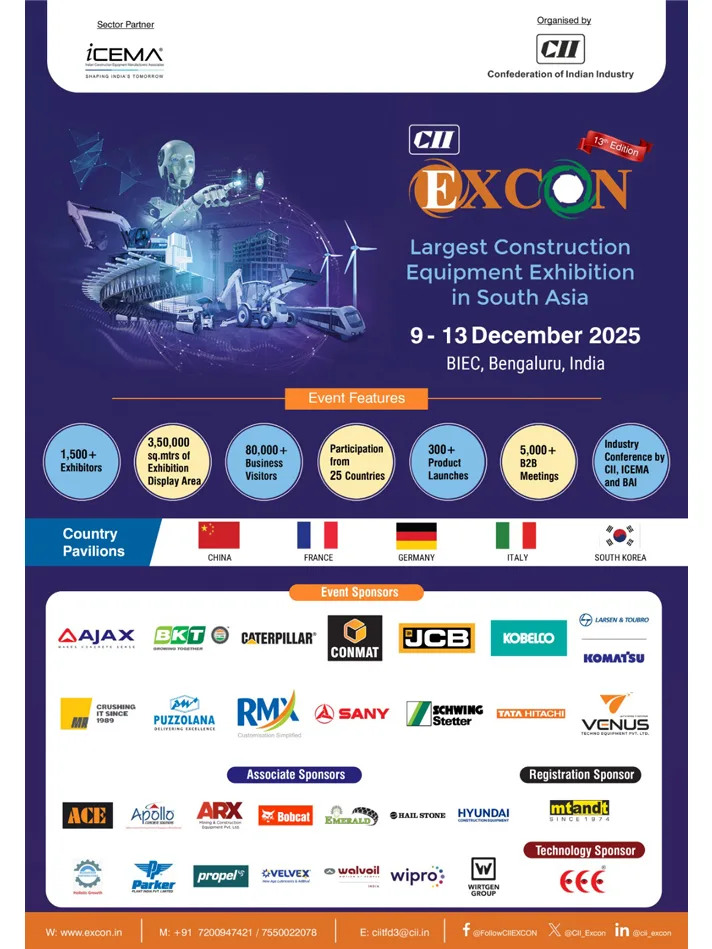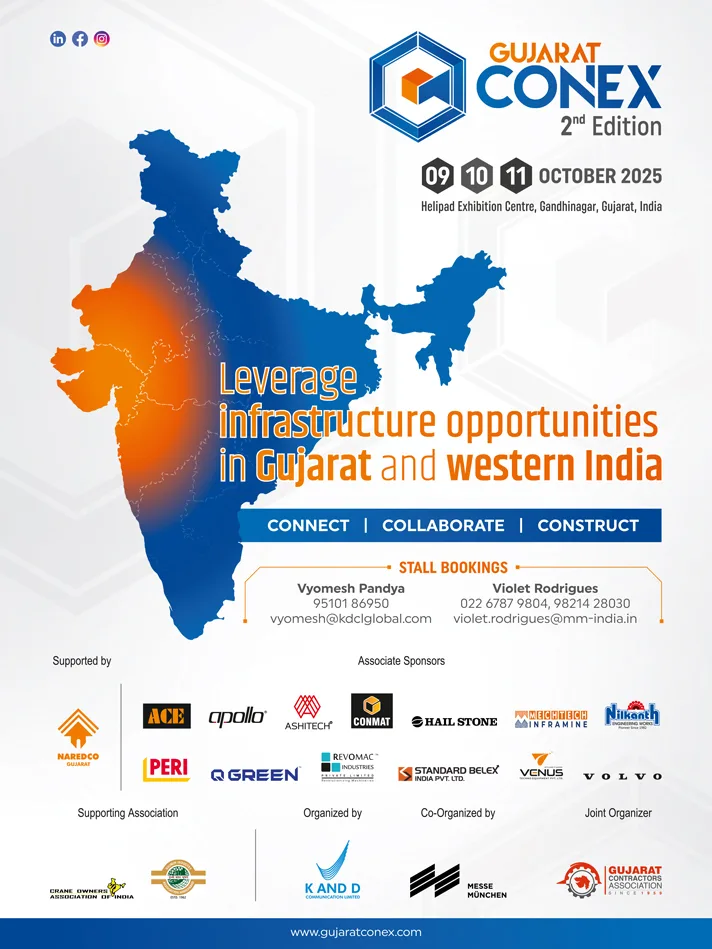Gurgaon Metro’s Long-Awaited Phase 1 Construction to Start Next Month.
The much-anticipated construction of the first phase of the Gurgaon Metro is expected to begin by September, with officials stating that the contract for the Millennium City Centre-Cyber City corridor is likely to be awarded within the month.
Recently, officials confirmed that the bids for Phase 1 have been opened and are now in the final stages of evaluation. A joint venture between Dilip Buildcon Ltd (DBL) and RBL has emerged as the lowest bidder for the contract.
“The evaluation is in the final stages. We expect to complete the process within this month and are aiming to start construction work by September,” a senior official from Gurgaon Metropolitan Rail Limited (GMRL) said. “Once work begins, the project is slated for completion within 30 months.”
Project Details and Scope:
Phase 1 of the new metro corridor will consist of a 15.2-kilometer elevated line running from Millennium City Centre to Sector 9. The estimated cost for this section is Rs.1,503 crore. The tender for the civil work was floated in March, attracting eight bidders, with six ultimately deemed eligible.The new line is designed to significantly improve connectivity across key residential and commercial areas, particularly in older and newer parts of the city. This phase will include 14 stations, with stops at Sector 45, Cyber Park, Subhash Chowk, Hero Honda Chowk, and other vital locations. The project also includes a 1.8-kilometer spur to the Dwarka Expressway and a ramp leading to the proposed metro depot in Sector 33.
The new corridor, which was approved by the Union Cabinet in 2023, aims to address the city’s growing transportation needs. Currently, Gurgaon is served by the Delhi Metro’s Yellow Line and the Rapid Metro. The new line is expected to ease traffic congestion and provide much-needed metro access to densely populated areas like Sectors 9, 4, and 7, which are not currently connected by the metro network.
Adani Group to Develop 655 Acres of Land at 8 Airports.
The Adani Group’s airport division has launched a multi-phase plan to develop 655 acres of land adjacent to eight of its airports across India. The project, which focuses on creating commercial hubs, will be rolled out in three phases.
Jugeshinder Singh, Group CFO of Adani Enterprises Ltd (AEL), announced the initiative during a recent investors’ call. He specified that the first phase will cover 114 acres, with approximately 40% of that land—about 50 acres-designated for the Mumbai and Navi Mumbai airports. The remaining 65 acres will be spread across the company’s other six airports in Ahmedabad, Lucknow, Jaipur, Guwahati, Bengaluru, and Thiruvananthapuram.
City-side development typically involves building hotels, retail outlets, convention centers, office spaces, and entertainment facilities near airport terminals. This strategy aims to create comprehensive commercial and social hubs that complement airport operations and provide diverse services for travelers and the local community.
Union Minister Nitin Gadkari Unveiled 29 National Highway Projects, Boosting Andhra Pradesh’s Connectivity.
Union Minister for Road Transport and Highways, Nitin Gadkari, has inaugurated and laid the foundation stone for 29 National Highway projects in Andhra Pradesh. The projects, spanning 272 km and costing over Rs.5,233 crore, are a major boost to the state’s infrastructure.
The ceremony, held in Mangalagiri, was attended by a host of dignitaries, including Andhra Pradesh Chief Minister N. Chandrababu Naidu, Union Ministers Kinjarapu Ram Mohan Naidu and Bhupathi Raju Srinivasa Varma, Deputy CM Pawan Kalyan, and Union MoS Chandra Sekhar Pemmasani, along with other officials.
In his address, Gadkari emphasized that the new projects align with Prime Minister Narendra Modi’s vision of a developed India. He stated that the highways are designed to eliminate accident-prone “black spots,” remove railway crossings, reduce transportation costs, and improve connectivity to rural and tribal areas. He also highlighted that the projects will help decongest key urban centers like Tirupati, Nellore, and Rayachoty, positioning Andhra Pradesh as a leader in India’s economic growth.
Gadkari also noted the significant progress made in reducing India’s logistics costs, which have dropped from 16% to 10% and are projected to fall to 9% by December 2025. He attributed this improvement to better road infrastructure, which is expected to double exports and create more jobs. The Minister also pointed out that the length of National Highways under NHAI has increased by 120%, from 4,000 km in 2014 to 8,700 km in 2025, demonstrating the government’s strong commitment to infrastructure-led economic growth.
Jammu-Vaishno Devi Katra Rail Line Approved, FLS Sanctioned.
Union Minister for Railways Ashwini Vaishnaw has announced the approval of the Final Location Survey (FLS) for a new railway line connecting Jammu to Shri Mata Vaishno Devi Katra. This decision marks a significant step in boosting rail connectivity for the thousands of devotees who visit the holy shrine each year.
In a letter to Union Minister Jitendra Singh, Vaishnaw confirmed the approval, stating, “You will be pleased to know that the Final Location Survey (FLS) has been approved for the construction of an additional new railway line between Jammu and Shri Mata Vaishno Devi Katra.”
The new line is designed to improve the convenience and ease of travel for pilgrims. Currently, the Shri Mata Vaishno Devi Katra railway station serves as the primary rail gateway for those visiting the shrine.
Union Minister Jitendra Singh expressed his gratitude for the decision, highlighting the renewed focus on rail connectivity in Jammu and Kashmir under the current administration. “This decision will ensure convenience and ease in transportation for passengers and devotees of Mata Vaishno Devi,” he said. Singh noted that this is the first major rail connectivity expansion toward the Kashmir Valley in five decades, underscoring the government’s commitment to infrastructure development in the region.
Mega Rail Projects Worth Rs.11,169 Crore to Improve Efficiency and Capacity Across Six States.
The Union Cabinet has given its approval for four major railway multi-tracking projects with a total investment of Rs.11,169 crore. The initiative is designed to increase capacity, reduce congestion, and boost logistics efficiency across a significant portion of India’s railway network.
Railway Minister Ashwini Vaishnaw stated that the projects will cover a distance of 574 kilometers and are expected to be completed by the 2028-29 fiscal year. These upgrades are projected to increase freight capacity by 96 million tonnes per annum (MTPA), facilitating the movement of key commodities such as coal, cement, agricultural products, and petroleum.
The multi-tracking projects will be implemented across 13 districts in six states: Maharashtra, Madhya Pradesh, West Bengal, Bihar, Odisha, and Jharkhand. The expansion is a strategic move to address bottlenecks in the rail network, which are crucial for both passenger and freight traffic. The government anticipates that these projects will not only improve the speed and reliability of train services but also contribute to economic growth by streamlining the supply chain for various industries.
PM Modi Boosts TN Development with Rs.4,900 Crore Project Inauguration.
Prime Minister Narendra Modi recently inaugurated, laid foundation stones for, and dedicated a slew of development projects worth Rs.4,900 crore in Tamil Nadu. The initiatives span critical infrastructure sectors including airport development, highways, railways, port facilities, and power generation, aiming to significantly boost the state’s connectivity and economic growth.
Among the key projects inaugurated by the Prime Minister is the new state-of-the-art terminal building at Tuticorin Airport. Developed at an estimated cost of approximately Rs.450 crore, this modern facility is expected to enhance air connectivity and capacity in the southern region of Tamil Nadu.
The comprehensive package of projects underscores the central government’s focus on accelerating infrastructure development across diverse sectors within the state.
CMRL hires Consultant to Study Feasibility of High-Speed Rail Corridors in Tamil Nadu.
Chennai Metro Rail Limited (CMRL) has launched three simultaneous feasibility studies for a new Regional Rapid Transit System (RRTS) network that aims to connect major cities and their surrounding regional centers across Tamil Nadu. The project envisions a semi-high-speed rail system operating at 160–200 km/h, significantly reducing travel times between cities to just 30-60 minutes.
The studies will focus on three key corridors:
- Chennai – Chengalpattu – Tindivanam – Villupuram (170 km)
- Chennai – Kanchipuram – Vellore (140 km)
- Coimbatore – Tiruppur – Erode – Salem (185 km)
This rail-based network is designed to handle a large volume of passengers and offer a much faster alternative to road travel. CMRL has appointed Balaji Railroad Systems Private Limited as the consultant to conduct the feasibility studies for all three corridors.
Major Infra Push in Varanasi: Dalmandi Road Widening Project Gets Underway.
The holy city of Varanasi is undergoing a major infrastructure overhaul, with the state government greenlighting projects worth Rs.882 crore. The centerpiece of this massive development push is the long-awaited Dalmandi Road widening project, aimed at easing congestion and improving access to the revered Kashi Vishwanath Dham.
The comprehensive plan includes a range of initiatives, from smart urban infrastructure to tourism development. Key projects include:
- Rs.881.56 crore for smart distribution and underground electrical infrastructure.
- Rs.215 crore for the Dalmandi Road widening and strengthening.
- Rs.85.72 crore for a new homeopathic college and hospital.
- Multiple road projects, including the Kachhwa-Kapsethi-Chaubeypur Road and the Varanasi-Ghazipur highway leading to the Swarved Temple.
- Beautification of Karkhiyao village and the creation of a memorial for freedom fighters.
While these projects span multiple sectors, the Dalmandi Road widening project has drawn the most attention. Following the inauguration of the Kashi Vishwanath Dham, the area has seen a massive increase in devotees, making crowd management a significant challenge for local authorities, especially during events like the recent Maha Kumbh and the ongoing Shrawan month.
To address this, the plan to widen Dalmandi Road was finalized. After a directive from Chief Minister Yogi Adityanath on July 17 and subsequent cabinet approval on July 22, the Public Works Department (PWD) began the process of demarcating 184 buildings for the project. The Rs.215.88 crore initiative will transform the 650-meter-long, narrow street into a 17.4-meter-wide passage, providing a direct and accessible route to Gate No. 4 of the Kashi Vishwanath Dham.


